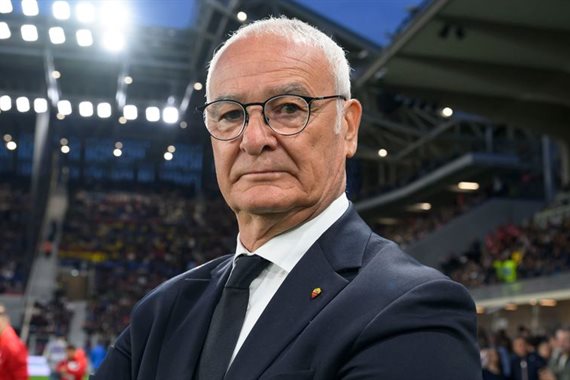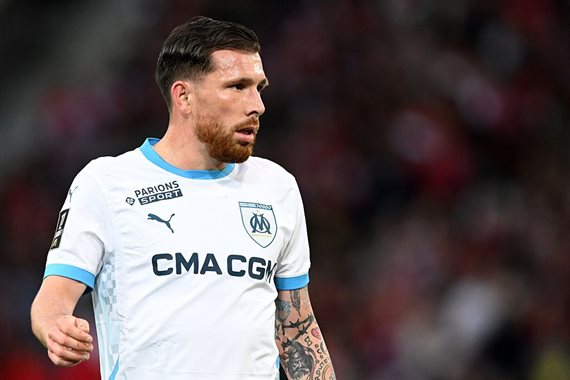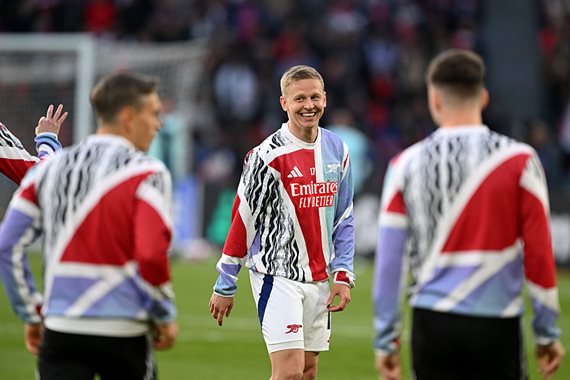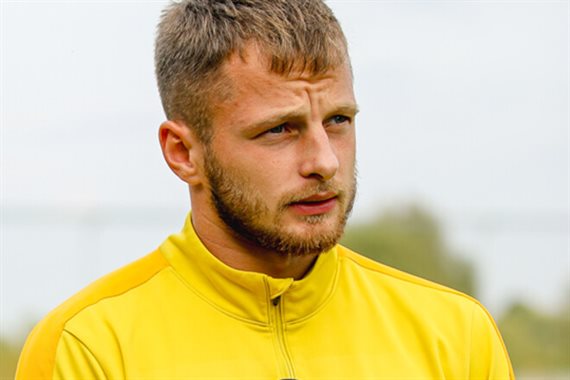ARTICLE AD BOX
Tehran, Iran – Iran’s political and military leaders are pointing the finger back at Donald Trump after the United States president sharpened his rhetoric during his first major tour of the Middle East.
In a speech to a group of teachers gathered for a state ceremony in Tehran on Saturday, Supreme Leader Ayatollah Ali Khamenei said some of Trump’s comments were not even worth responding to.
“The level of those remarks is so low that they are a disgrace for the one who uttered them and a disgrace to the American nation,” he said, to chants of “Death to America” and others from the crowd.
Khamenei added that Trump “lied” when he said he wants to use power towards peace, as Washington has backed “massacring” Palestinians and others across the region. He called Israel a “dangerous cancerous tumour” that must be “uprooted”.
Meanwhile, Iranian President Masoud Pezeshkian also told a gathering of navy officers on Saturday that Trump is extending a message of peace while threatening destruction at the same time as backing Israel’s “genocide” in the Gaza Strip.
“Which one of this president’s words should we believe? His message of peace, or his message of massacre of human beings?” the Iranian president said, pointing out that Trump sanctioned the International Criminal Court (ICC) in a move that was internationally criticised.
 Iranian President Masoud Pezeshkian speaks during a meeting with members of the Iranian Navy in Tehran, Iran, on May 17, 2025 [Iran’s Presidential website/WANA/Handout via Reuters]
Iranian President Masoud Pezeshkian speaks during a meeting with members of the Iranian Navy in Tehran, Iran, on May 17, 2025 [Iran’s Presidential website/WANA/Handout via Reuters]The statements came after Trump used his Middle East tour – during which he signed huge deals with Saudi Arabia, Qatar and the United Arab Emirates – to heap praise on Arab leaders neighbouring Iran and blasting the leadership in Tehran.
The US president told Arab leaders they were developing their infrastructure while Iran’s “landmarks are collapsing into rubble” after its theocratic establishment replaced a monarchy in a 1979 revolution.
He said Iran’s leaders have “managed to turn green farmland into dry deserts” as a result of corruption and mismanagement, and pointed out that Iranians are experiencing power outages several hours a day.
The blackouts, a result of a years-long energy crisis that is hurting Iran’s already strained economy, are expected to linger for the rest of this year as well, according to Iranian authorities.
The largest associations of the mining, steel and cement industries in Iran on Saturday wrote a joint letter to Pezeshkian, urgently requesting him to review a 90 percent electricity use restriction imposed on the critical sectors.
Trump, who hailed Syria’s interim President Ahmed al-Sharaa and lifted sanctions on Damascus, also took aim at Iran’s regional policy.
He described Tehran’s support for the fallen establishment of President Bashar al-Assad as a cause of “misery and death” and regional destabilisation.
Iran’s Foreign Minister Abbas Araghchi described the US president’s remarks as “deceptive”, telling state media on Friday it was the US that hampered Iran through sanctions and military threats while backing Israel and attacking Syria.
Parliament chief Mohammad Bagher Ghalibaf, who was addressing an Organisation of Islamic Cooperation (OIC) conference in Indonesia, said Trump’s remarks showed he was “living in a delusion”.
Hossein Salami, the commander of the Islamic Revolutionary Guard Corps (IRGC), addressed Trump directly on Friday and said even though Iran has beautiful landmarks, “we take pride in the elevation of character, identity, culture, and Islam”.
The sharp rhetoric in response to Trump’s latest controversial comments come days after he teased that he may start calling the “Persian Gulf” the “Arabian Gulf” soon.
This angered Iranians across the board, prompting criticism of any attempt to rename the key waterway from average citizens online, authorities, local media, and even some pro-Trump Iranians outside the country who have been advocating for US sanctions and regime change.
 A banner in downtown Tehran’s Palestine Square shows numerous locations in Israel as a Yemeni dagger (jambiya) with writing in Farsi reading: “All targets are within range, Yemeni missiles for now!” and in Hebrew “All targets are within reach, we will choose”, on May 5, 2025 [Vahid Salemi/AP]
A banner in downtown Tehran’s Palestine Square shows numerous locations in Israel as a Yemeni dagger (jambiya) with writing in Farsi reading: “All targets are within range, Yemeni missiles for now!” and in Hebrew “All targets are within reach, we will choose”, on May 5, 2025 [Vahid Salemi/AP]Scepticism over Iran-US deal
Both Iran and the US say they would prefer an agreement that would serve to quickly de-escalate tensions surrounding Iran’s nuclear programme, despite the latest war of words.
But after four rounds of negotiations mediated by Oman, any prospective deal – which would lift sanctions in exchange for making sure Iran would not have a nuclear bomb – still appears to face significant hurdles.
Trump said Tehran has been handed a proposal to rapidly advance towards a deal, but Iran’s Araghchi on Friday said no written proposal was produced yet amid “confusing and contradictory” rhetoric from Washington.
“Mark my words: there is no scenario in which Iran abandons its hard-earned right to enrichment for peaceful purposes: a right afforded to all other NPT signatories, too,” he wrote in a post on X, in reference to the Non-Proliferation Treaty.
Kazem Gharibabadi, a senior nuclear negotiator, on Friday rejected reports by Western media outlets that Iran may agree to fully halt its enrichment of uranium for the remainder of the Trump presidency to build trust.
“The right to enrich is our absolute red line! No halt to enrichment is acceptable.”
Trump in 2018 unilaterally withdrew from a landmark nuclear accord signed between Iran and world powers three years earlier, imposing the harshest sanctions yet by the US that have only intensified during the latest negotiations.
The nuclear deal set a 3.67 percent enrichment rate with first-generation centrifuges for civilian use in Iran, in exchange for lifting United Nations sanctions. Iran is now enriching up to 60 percent and has enough fissile material for multiple bombs, but has made no effort to build one yet.

 1 month ago
20
1 month ago
20








 English (US) ·
English (US) ·